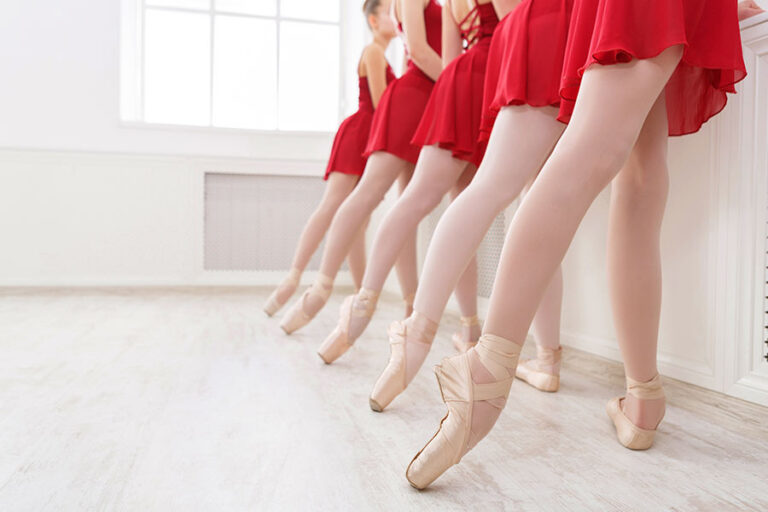
There are many ways to practice interactive performance technique. Here are the four standard modes.
- Drills – repeating technique for muscle memory
- Exercises – combining technique with context
- Scene work – applying technique within a full scene
- Free play – intuitive play without concern for technique
Drills
A drill repeats a technique to create muscle memory. It’s doing the skill again, and again, and again, without thinking about anything else. When pianists first learn scales, they have to think about how their fingers move. The more they drill scales, the less they need to think about finger placement. Eventually it becomes second nature. It’s the same with interactive technique. To make skills second nature, include drills in warm ups.
Exercises
Exercises place technique within a slice of context. It’s like playing an excerpt from a scene to practice a given technique. When doing exercises, don’t get swept into story. Do just enough of a scene for the technique to show up, then do the exercise again. This keeps your focus on the technique and gives you more opportunity to practice it.
Scene work
Scene work integrates technique into a complete scene. The focus is on the creation of a scene, while also finding opportunities to use a specific technique. Here you can let a full scene breathe, while finding ways to apply the technique you’re practicing.
Free play
Free play is intuitive play without concern for technique. You play in a carefree fashion, just as kids do. There’s a reason that free play is an important part of interactive training. If you only focus on technique, you lose the sense of play. It’s just as important to practice free play as it is to practice technique. This is the released state that you want to achieve in performance.
Even though there’s no conscious focus on skills in free play, you can still enhance your intuitive abilities by setting a focus. Before you play, close your eyes and imagine yourself doing something well. Then let it go, open your eyes, jump in and play. Set it, then forget it. Technique may show up, but you're not trying to do it on purpose.
When you’re done with free play, don’t evaluate what happened. Kids don’t critique themselves after they play. Neither should you.
After training with drills, exercises, or scene work, always take time to finish up with a healthy helping of free play.
Updated: August 22, 2024






